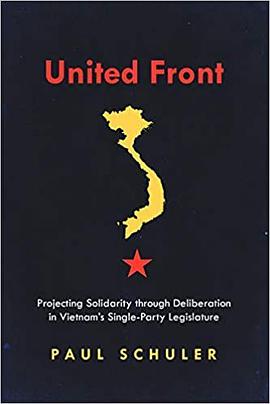Speaking Out in Vietnam 豆瓣
作者:
Benedict J. Tria Kerkvliet
Cornell University Press
2019
- 6
Since 1990 public political criticism has evolved into a prominent feature of Vietnam's political landscape. So argues Benedict Kerkvliet in his analysis of Communist Party–ruled Vietnam. Speaking Out in Vietnam assesses the rise and diversity of these public displays of disagreement, showing that it has morphed from family whispers to large-scale use of electronic media.
In discussing how such criticism has become widespread over the last three decades, Kerkvliet focuses on four clusters of critics: factory workers demanding better wages and living standards; villagers demonstrating and petitioning against corruption and land confiscations; citizens opposing China's encroachment into Vietnam and criticizing China-Vietnam relations; and dissidents objecting to the party-state regime and pressing for democratization. He finds that public political criticism ranges from lambasting corrupt authorities to condemning repression of bloggers to protesting about working conditions. Speaking Out in Vietnam shows that although we may think that the party-state represses public criticism, in fact Vietnamese authorities often tolerate and respond positively to such public and open protests.
In discussing how such criticism has become widespread over the last three decades, Kerkvliet focuses on four clusters of critics: factory workers demanding better wages and living standards; villagers demonstrating and petitioning against corruption and land confiscations; citizens opposing China's encroachment into Vietnam and criticizing China-Vietnam relations; and dissidents objecting to the party-state regime and pressing for democratization. He finds that public political criticism ranges from lambasting corrupt authorities to condemning repression of bloggers to protesting about working conditions. Speaking Out in Vietnam shows that although we may think that the party-state represses public criticism, in fact Vietnamese authorities often tolerate and respond positively to such public and open protests.



